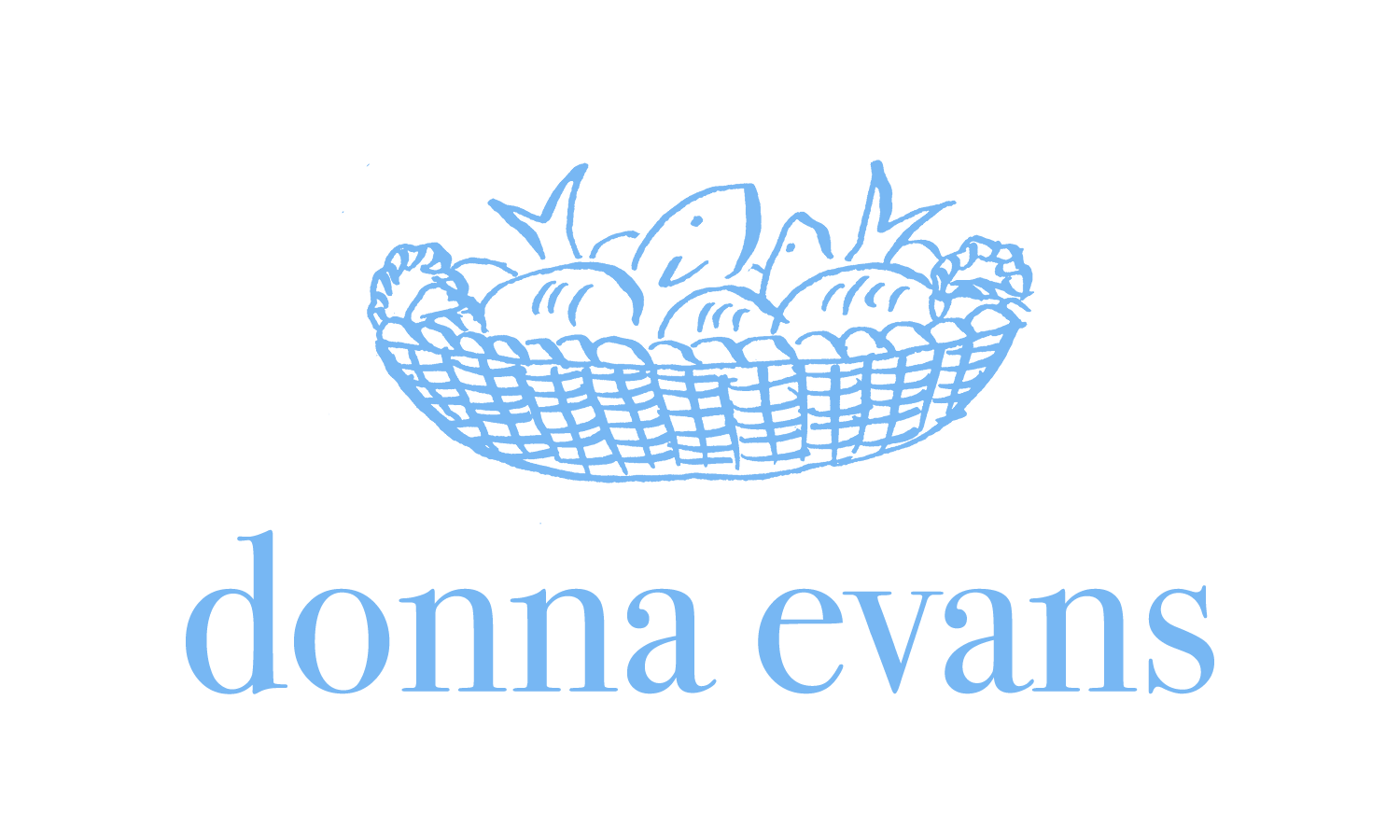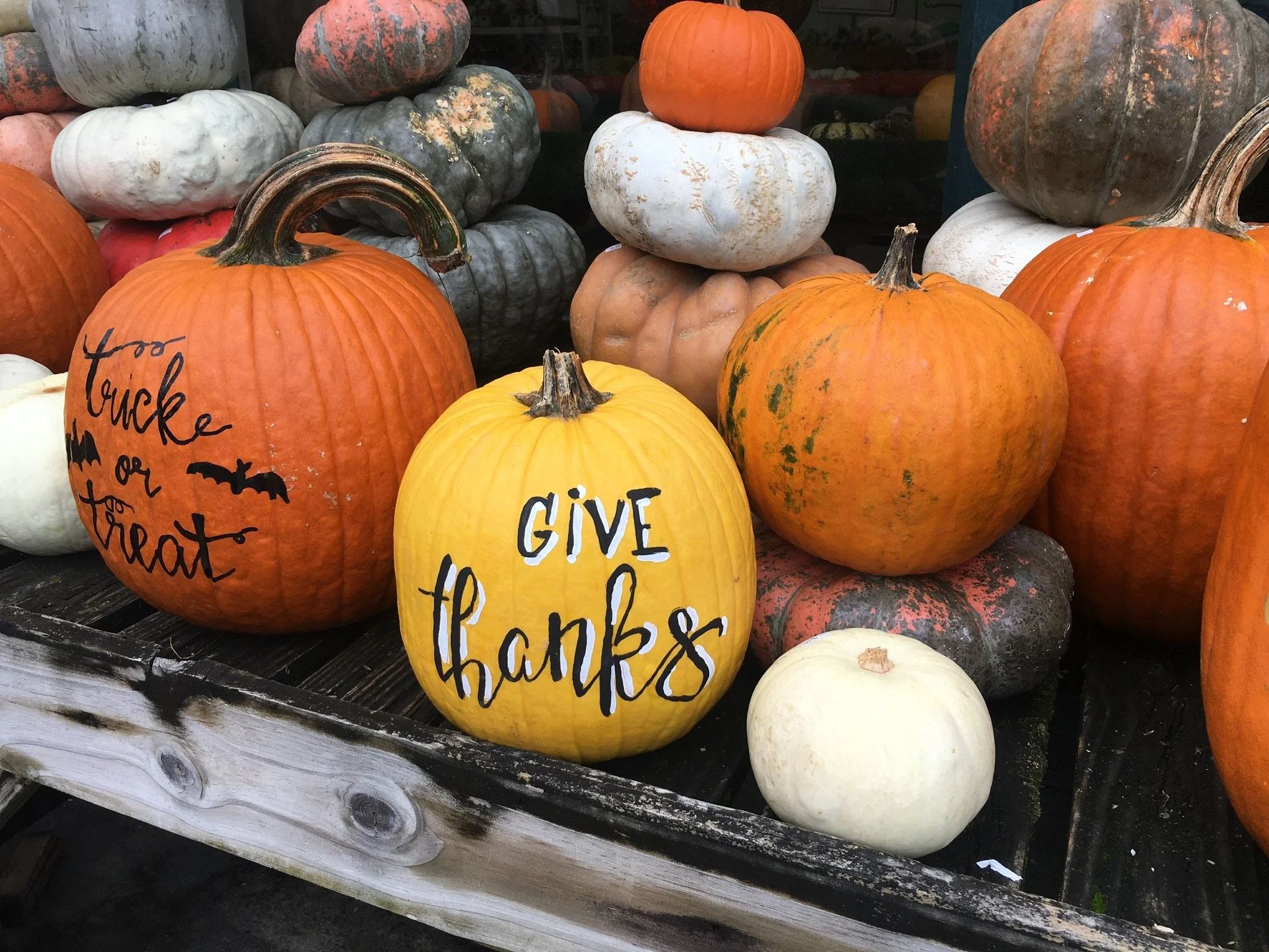An Anxiety Antidote
“Give thanks to the Lord,
for he is good.”
Psalm 107:1 (NIV)
Last week’s Bible Bits post focused on casting all our anxiety on God because he cares for us (1 Peter 5:7). I wrote those words prior to casting my ballot last Tuesday and needed them throughout the entire day as the election coverage continued non-stop deep into the night. “Lord, help me cast my anxiety on you and take every thought captive no matter the outcome” was my prayer, not just during the day, but also when we went to bed that night not knowing the election’s outcome.
I am finding that one of the best defenses against anxiety is gratitude. Reading through the Psalms, I’ve been challenged by the “give thanks” sacred echo found repeatedly throughout the entire book. Sometime in mid-October, weary from the constant bombardment of election news coverage, I decided to decrease my media consumption and try to find and record at least five things each day for which to be grateful and intentionally give thanks to God. Some days I entered just five gifts of God’s grace, but most days there were many more counted and named as I put pen to paper and remembered how God met me throughout that day.
Thanksgiving isn’t just a retail holiday season. For the Christian, thanksgiving is supposed to be an everyday attitude of heart and a way of life. Here are just a few thoughts to consider throughout this Thanksgiving season before we race to Black Friday and the Christmas season:
"Give thanks" is a biblical command, not an add-on option or a good idea.
If the command is to "give thanks," then the resulting important questions are "to whom?" and "for what?" If there are gifts, there must be a Giver. We give thanks to the Lord for who He is and what He has done.
"Give thanks" is a verb while thanksgiving is a noun. A verb requires action, and we aren't to just think about giving thanks. Like the Nike folks, we are to "just do it!"
Giving thanks is not generic; it's intentional and specific. Psalm 107, the text for today's verse, was probably the text for Governor William Bradford's first Thanksgiving celebration with the Pilgrims. Those 43 verses contain over forty blessings or benefits that are very specific to God's character (who He is) and deeds (what He has done). There is no "sloppy agape" in these verses. Instead, we get a detailed account of God's miraculous deliverance from the desert, darkness, doom, distress, and death.
With that in mind here are just a few of the top items on my 2024 Thanksgiving List:
The freedom to vote and cast a ballot
A decisive presidential election quickly called and free from riots or protests
An abrupt end to the nonstop negative political ads, phone calls, and texts
Birdie James’ first tooth
A first-round playoff victory for the Vestavia Rebels
A quick four-day Fall trip to the beach
Watching a special needs young man enjoy an afternoon beach trip with his family and reminding me of all the days and ways James Bruce enjoyed the beach.
The upcoming Thanksgiving season.
I'm discovering that keeping a gratitude/gift list journal not only increases my awareness of the many good gifts God gives, but it also decreases my anxiety as I remember, rehearse, and recall God’s faithfulness, care, and provision. Writing and recording God-given gifts one by one, brings clarity, perspective, gratitude, and joy. Author and pastor John Piper writes, "Moving the ink across the page opens up the eyes" and "there are eyes to see in pencils and pens."
The hymn writer Johnson Oatman wrote these words in 1897:
Count your many blessings, name them one by one
And it will surprise you what the Lord has done.
How are you counting your blessings, giving thanks, and cultivating an attitude of gratitude during this Thanksgiving season?
“God gives gifts of grace; we give thanks; and the result is joy.” Ann Voskamp




